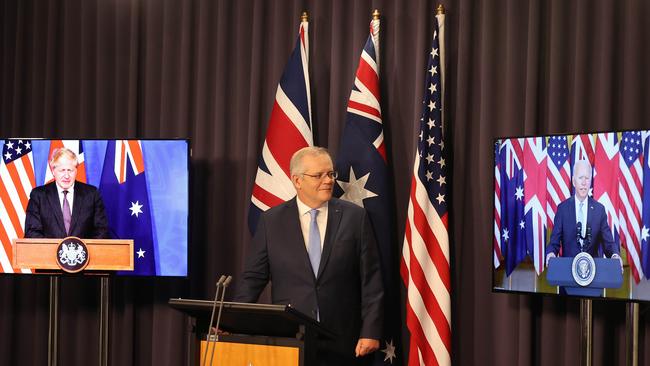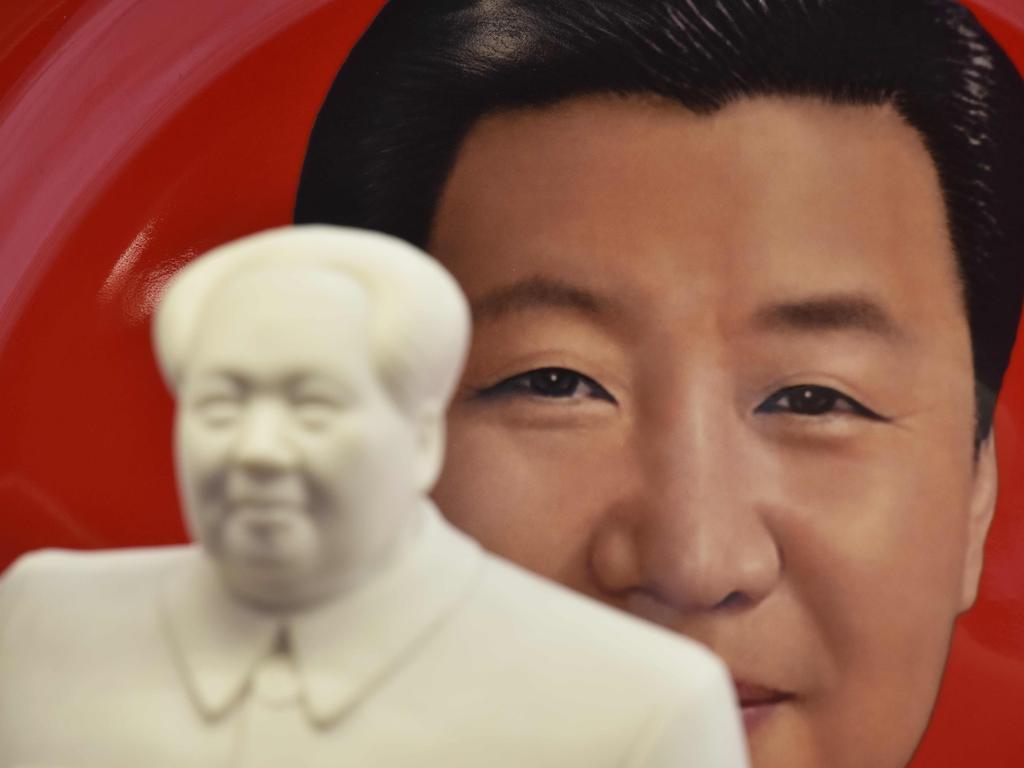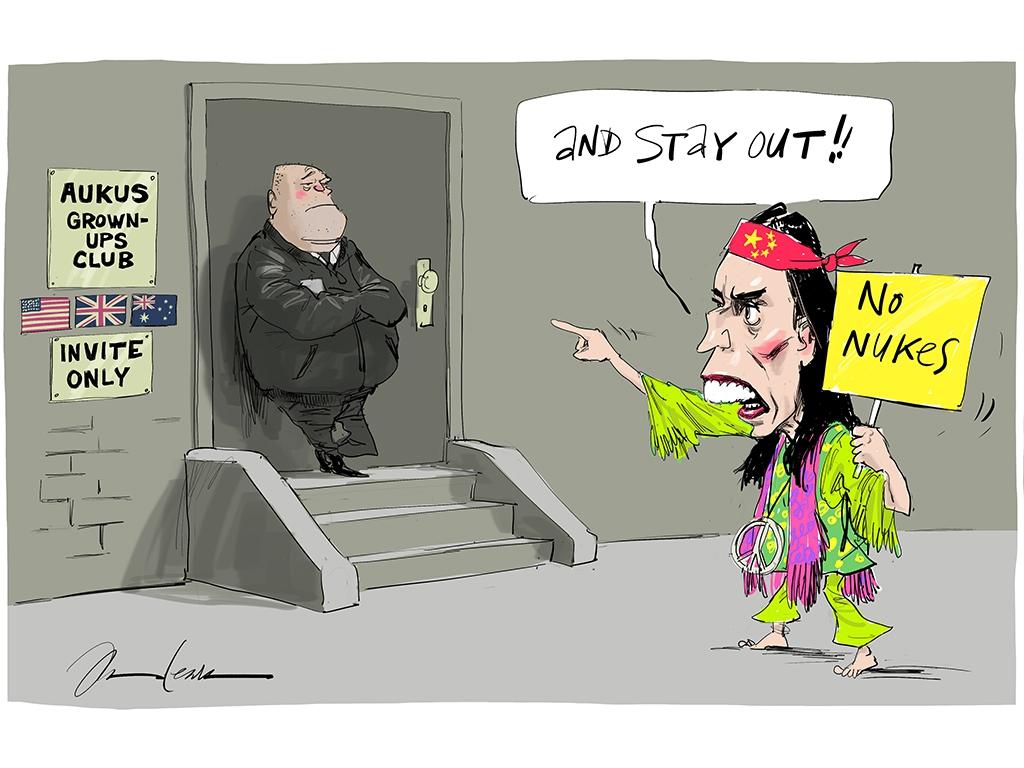
The idea of a liberal international rules-based order rose out of the ashes of World War II as a counterforce to state tyranny. However, over time, supranational bodies such as the UN and European Commission sought to interfere with the national policies of democratic governments on issues ranging from immigration and border security to freedom of speech and discrimination law. The overweening attitude of transnational and unelected officials provoked a backlash among democratic citizens who sought to reassert their right to self-determination. The disastrous open borders policy imposed by the EU and NGOs with UN backing at the height of Islamic State’s march across Syria and Iraq led to the growth of transnational jihad as terrorists entered Western states through porous borders to unleash murderous attacks across the free world. The backlash against globalism was rooted in widespread anger about the deadly effect of open border policy and its imposition by unelected elites who were unaccountable for the harm they caused.
Negative globalism resembled a parade of preening bureaucrats in global institutions assuming the illegitimate authority to dictate democratic government policy. Like many people, Australians had grown tired of the UN and activist NGOs shaming the plebs for defending secure borders, free speech, equality before the law, practical climate action and the right to decide our country’s destiny without undue interference from foreign officialdom.
Two years ago, Morrison delivered a speech to the Lowy Institute that gave voice to common frustrations. He distinguished between negative globalism, that seeks to elevate supranational authority above nation states, and positive globalism, which would supersede it.
The AUKUS alliance is a concrete step toward reviving an international rules-based order. For the PM, the fight begins with values. For positive globalism to succeed, Morrison believes that allies must cherish freedom of thought and expression, freedom of choice, freedom of exchange, the free flow of capital and ideas as well as open and free markets and human rights.
The establishment of the AUKUS alliance sends a clear signal that Australia is becoming a standard bearer in global relations and China is not happy. At its core, Chinese President Xi Jinping’s thought is a repudiation of classical liberal values because, as Mao Zedong warned, individual liberties and freedoms undermine the communist state authority.
One would anticipate French upset about Australia withdrawing from the failed $90bn deal to build 12 conventional submarines. But it took former Labor prime minister Paul Keating to condemn the alliance outright. Sounding more and more like a recorded message from the Politburo, Keating delighted by demonstrating some classic propaganda techniques. Technique one, demoralise the opposition: “The United States military with all its might could not beat a bunch of Taliban rebels with AK47 rifles in pick-up trucks.” Technique two, revise reality: “For Australia to move to a fleet of US-supplied nuclear submarines … would witness a further dramatic loss of Australian sovereignty, as material dependence on the United States robbed Australia of any freedom or choice in any engagement Australia may deem appropriate.” Technique three, overstate your ability to win the future: “What chance would (the United States) have in a full-blown war against China … the biggest state in the world … and occupant of the largest land mass in Asia?” We could rephrase the question: What chance would China have in a full-scale war against the US and the allied states of the UK, Canada, Australia, New Zealand and Europe?
New Zealand Prime Minister Jacinda Ardern was less strident about AUKUS, but said her country’s prohibition on nuclear-powered vessels would remain in place. Her political opponents expressed serious concerns about NZ being sidelined in the new alliance. Ardern put a positive spin on events by saying the nation would continue to be a part of the Five Eyes intelligence-sharing network.
The Chinese Communist Party has become a reliable source of daily nonsense and its capacity for hypocrisy never disappoints. Foreign Ministry spokesman Zhao Lijian said plans for Australia to develop nuclear-powered submarines constituted a Cold War mentality and a threat to international non-proliferation efforts. In 2020, the US Department of Defence revealed China’s naval force includes nuclear-powered attack submarines. We eagerly await the Chinese Foreign Minister’s correction of his country’s Cold War mentality.
China wants to maintain its advantage within the global system, which means claiming developing nation status and the funding that flows from it, building coalmines and nuclear-powered military vessels while denouncing other nations for doing the same, and demanding other countries observe human rights norms the CCP routinely violates.
The free world has given the communist regime every chance to reform and become a decent global citizen. It has abrogated its responsibility to develop a moral instinct beyond self-interest.
Australia can help to defend the free world for future generations, but only by developing superior military capability and joining with allies in the long war against illiberal regimes. AUKUS is a small step, but sends an important signal that we are moving in the right direction.







The Australian, British and US trilateral security alliance is a test of positive globalism as a paradigm of international relations. As announced by Scott Morrison, Boris Johnson and Joe Biden last week, the establishment of AUKUS includes an initial plan to build nuclear-powered submarines for the Australian Navy. If effective, the alliance will serve as a counterforce to negative globalism and the forces that seek to undermine the liberal democratic world order.